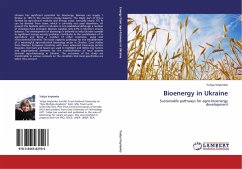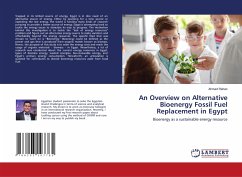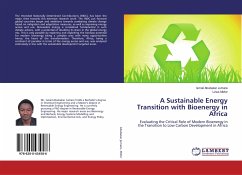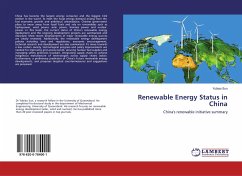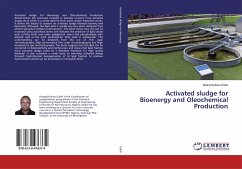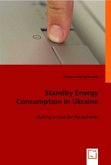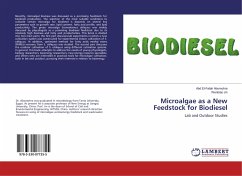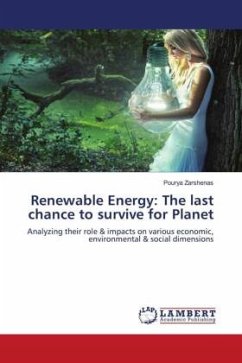Ukraine has significant potential for bioenergy. Biomass can supply 1 EJ/year or 18% in the country s energy balance. The major part of this is formed by agricultural residues and energy crops. Annually nearly 175 PJ can be derived from straw, which is currently not used elsewhere. At present the biofuels sector in Ukraine is not established although a number of initiatives have emerged. Biomass supplies only 0.5% in Ukraine s energy balance. The development of bioenergy is believed to help Ukraine combat its significant energy security problem, contribute to the revitalisation of its agriculture and bring a number of other economic, social and environmental benefits. The book explores pathways for the establishment of a meaningful agro-industrial bioenergy sector in Ukraine. Case studies from Western European countries with more advanced bioenergy sectors (Sweden, Denmark and Spain) are used to highlight and define key factors and organisational elements for the transformation of local systems towards agro-bioenergy in Ukraine. The outcomes of the study are transferable to various contexts on the condition that local specificities are taken into account.
Bitte wählen Sie Ihr Anliegen aus.
Rechnungen
Retourenschein anfordern
Bestellstatus
Storno

